air conditioning on vacation
cherylwp
12 years ago
Featured Answer
Comments (26)
dadoes
12 years agoRelated Professionals
Brockton Solar Energy Systems · Lynwood Solar Energy Systems · Phoenix Solar Energy Systems · Waltham Solar Energy Systems · Selma Solar Energy Systems · East Hanover Solar Energy Systems · Columbia Home Automation & Home Media · El Monte Home Automation & Home Media · Lewisville Home Automation & Home Media · Natick Home Automation & Home Media · Ocala Home Automation & Home Media · Seattle Home Automation & Home Media · Surprise Home Automation & Home Media · Silver Spring Home Automation & Home Media · Lake Arrowhead Fireplacesionized_gw
12 years agocherylwp
12 years agoionized_gw
12 years agostarhikers
12 years agocherylwp
12 years agoweedmeister
12 years agoionized_gw
12 years agocherylwp
12 years agoionized_gw
12 years agoweedmeister
12 years agoionized_gw
12 years agocherylwp
12 years agodadoes
12 years agoionized_gw
12 years agostarhikers
12 years agoionized_gw
12 years agoweedmeister
12 years agostarhikers
12 years agoionized_gw
12 years agostarhikers
12 years agoionized_gw
12 years agoLaurel Zito
12 years agoKathleen
8 years agoionized_gw
8 years ago
Related Stories
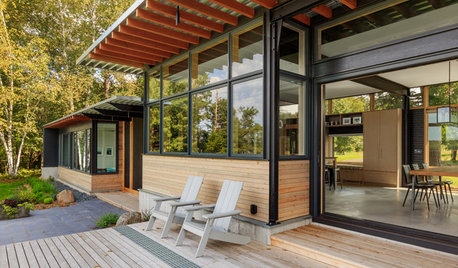
LIFE6 Ways to Cool Off Without Air Conditioning
These methods can reduce temperatures in the home and save on energy bills
Full Story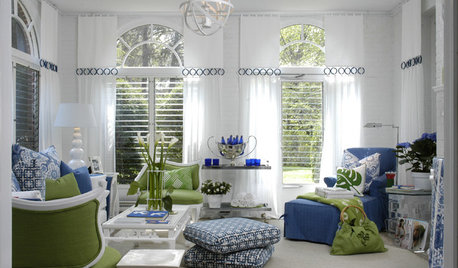
DECORATING GUIDES12 Ways to Cool Your Home Without Air Conditioning
If your summer energy bill is leaving you hot under the collar, consider these savvy alternate strategies for cooling down
Full Story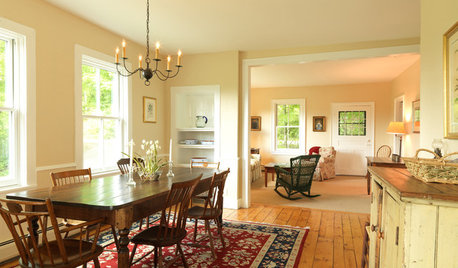
TRAVEL BY DESIGN9 Vacation Farmsteads Offer a Taste of Country Life
Have a hankering for fresh air and even fresher food? Try a farmhouse, cabin or well-equipped tent for your next vacation
Full Story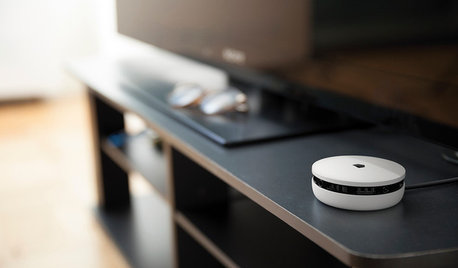
HOME TECHIn Rarefied Air: Meet 3 Cutting-Edge Home Sensors
These new all-purpose sensors send alerts to your smart phone about temperature, air quality and a whole lot more. Why not?
Full Story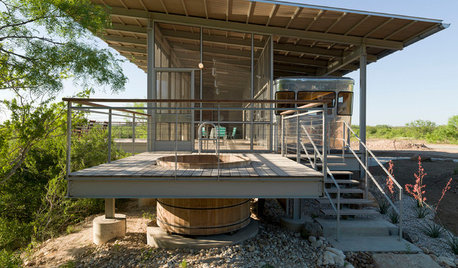
ARCHITECTUREHouzz Tour: A Most Unusual Trailer in Texas
With an air-conditioned bathroom, screened porches and a sleeping loft, this riverside trailer site has it all
Full Story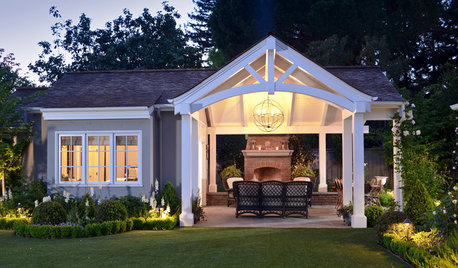
GARDENING AND LANDSCAPING3-Season Rooms: Open-Air Living in a Guest Cottage Pavilion
Comfy furniture, a fireplace and a vaulted ceiling make dining and hanging out a joy in this California outdoor room
Full Story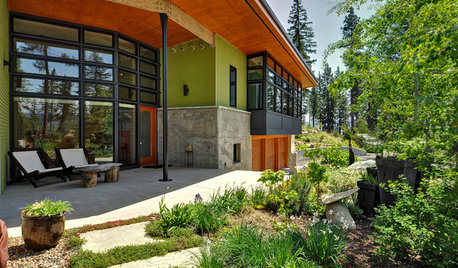
BUDGETING YOUR PROJECTConstruction Contracts: What Are General Conditions?
Here’s what you should know about these behind-the-scenes costs and why your contractor bills for them
Full Story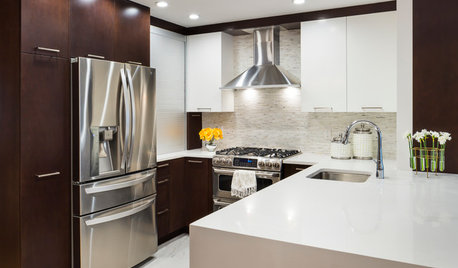
KITCHEN DESIGNThe 100-Square-Foot Kitchen: No More Cramped Conditions
Removing walls and adding high-end materials turn this kitchen into a jewel box within a new open floor plan
Full Story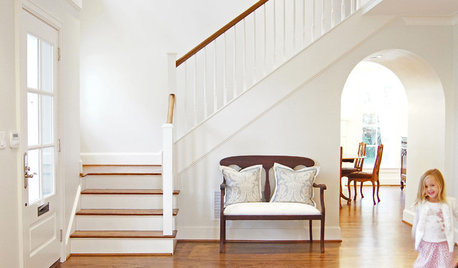
HEALTHY HOMEA Guide to Indoor Air Purifiers
Get the lowdown on air filtration systems for your house and the important ratings to look out for
Full Story
VACATION HOMESHouzz Tour: The Riverside Vacation Cabins That Friendship Built
Four small getaways are big on camaraderie and water-loving activities — see their rustic modern design
Full StoryMore Discussions






david_cary